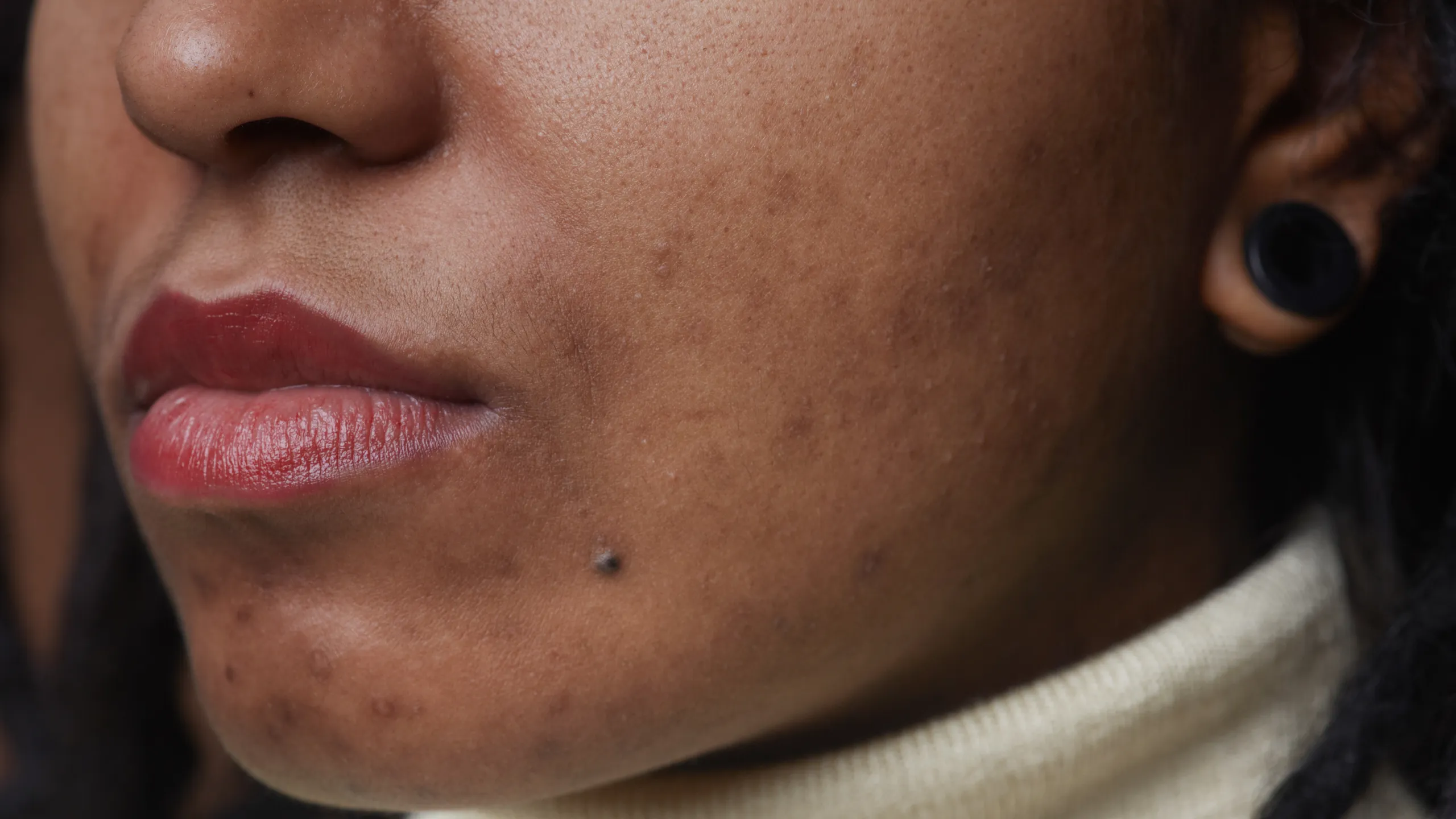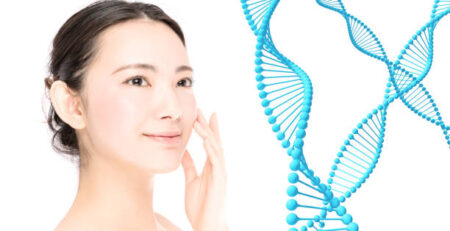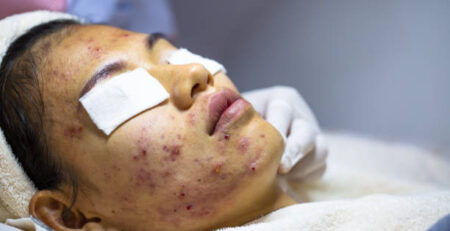How Does Nutrition Affect Acne?
Acne appears when skin pores are blocked by bacteria, dead skin cells, or both. Excessive production of sebum, (an oil that prevents the skin from drying out) can also cause this clogging.
Pimples, irritation, and other types of lesions can develop as a result of clogged pores.
IGF-1, also known as insulin-like growth factor 1, is a hormone that the body produces more of during puberty. IGF-1 may increase sebum production and exacerbate acne symptoms.
Additionally, several foods can increase IGF-1 levels. Staying away from these foods may help in the improvement of acne symptoms and the prevention of acne breakouts.
Food Items to Avoid
Nutrition is a factor that can affect the skin and cause acne. Some foods can boost your blood sugar more quickly than others.
IGF-1, a hormone that controls the effects of growth, is released by the body when blood sugar levels rise quickly. Your chance of developing acne and inflammation increases if you have too much IGF-1 in your blood because the hormone stimulates your oil glands to generate more sebum.
The following types of food can cause acne:
- Instant cereals
- Pasta
- Snacks
- Rice
- Bread, especially white bread
- Sugar
- Dairy products
They are referred to as “high-glycemic” carbs. This indicates that they are composed of simple sugars.
It is also thought that eating chocolate makes acne worse although there is little credible research to support it.
Other scientists have looked into the links between acne and the so-called “Western diet” or “standard American diet.”
According to research, these foods can increase the hormones that drive the oil glands to produce and secrete an excessive amount of oil.
What types of food can help to get rid of acne?
Acne vulgaris, although mild is very common in Nigerian adolescents and youths, and it has led doctors and dermatologists to discover natural methods such as diet, which can help improve acne
Acne risk may be decreased by consuming low-glycemic foods made of complex carbohydrates. The following foods include complex carbohydrates:
- Legumes
- Unprocessed fruits and vegetables
- Whole grains
Foods with the following ingredients are also regarded to be good for the skin:
- Zinc (mineral)
- Vitamins A & E
- Chemical substances called Antioxidants
However, while more research is needed, a diet rich in omega-3 fatty acids may reduce inflammation and improve symptoms of acne.
Foods rich in omega-3 fatty acids include:
- Fish, such as sardines
- Pastured eggs
- soybeans and soy products, such as tofu
- spinach
- Grass-fed beef
- Walnuts and almonds
- Mustard seeds
- Wild rice
Everybody has a unique body, and some people discover that eating particular foods makes their acne worse. It can be beneficial to experiment with your diet under the guidance of your doctor to see what works best for you.
When planning your diet, keep in mind any food sensitivities or allergies you might have.
Creating an Anti-acne Diet
It can be difficult to decide which foods to try and which to avoid given the uncertainty surrounding the diet’s effects on acne.
Some people may benefit from a particular approach while others may not.
A person can learn which foods cause or make acne breakouts worse by keeping a food diary or diet diary. Keep track of every meal and snack you consume, as well as the kind and intensity of acne symptoms that appear each day.
The patient should keep this up for a few weeks or longer and bring the diary to an appointment with a doctor or dermatologist.
The dermatologist can assist in finding the connections between the timing of breakouts and entries in the food diary. They can provide dietary advice as well.
It is important to be patient while modifying your diet. The AAD states that it can take up to 12 weeks for a diet modification to have an obvious or noticeable impact on the skin.
Click here to get started with a personalized treatment plan; Home – DIANA LILY (acnefreeclub.com)







